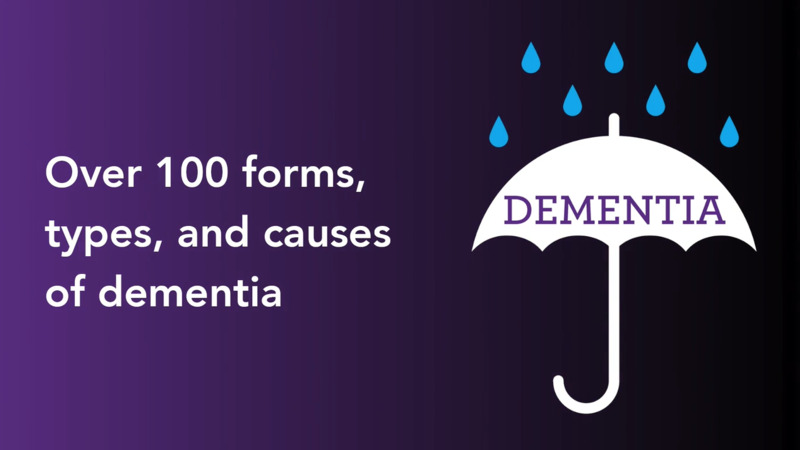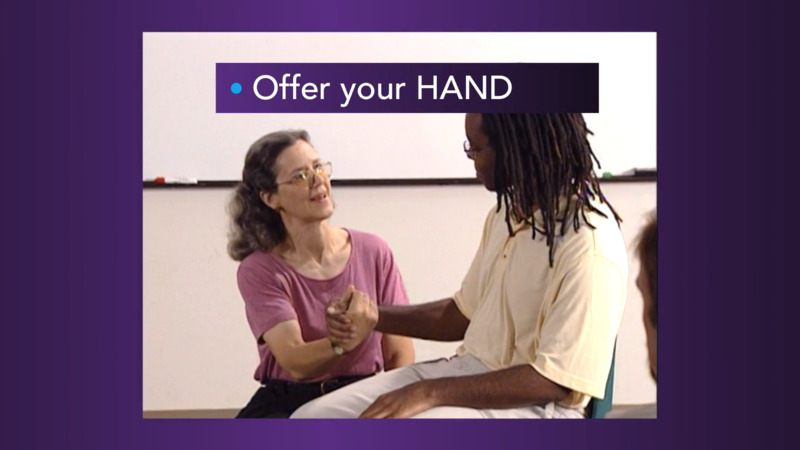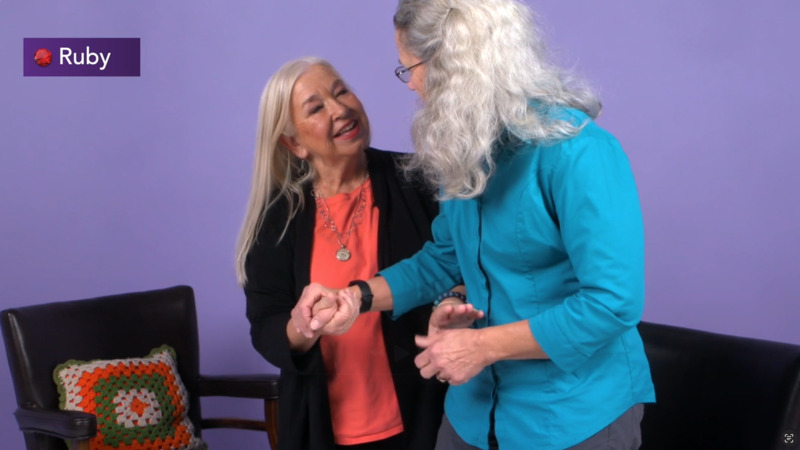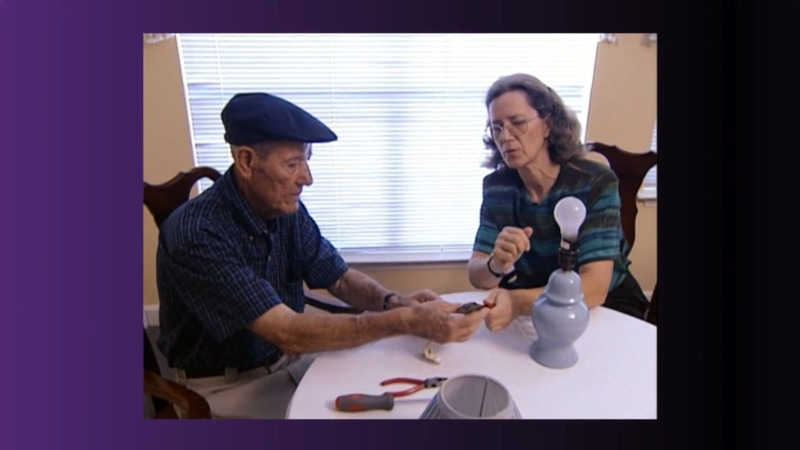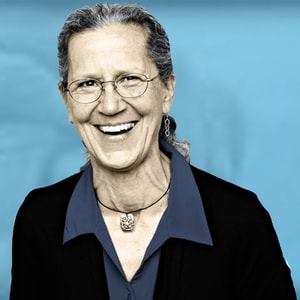
Details
-
19 Courses
Teepa Snow
MS, OTR/L, FAOTA
Teepa Snow is an advocate for those living with dementia. She has made it her personal mission to help families and professionals better understand how it feels to be living with such challenges and seeks to change and improve life for everyone involved. Her practice has included everything from neuro intensive care units in tertiary hospitals to in-home end-of-life care in rural parts of North Carolina. She has taught at medical schools and postdoctoral programs, health professional programs, colleges and universities, community colleges, and community centers. She led educational and training efforts as the educational director of the Eastern North Carolina Chapter of the Alzheimer’s Association for many years and was a major contributor and author of the in-depth hands-on training delivered to family members and staff that led to the production of the DVD Accepting the Challenge: Providing the Best Care for People With Dementia, an internationally recognized resource for training and understanding dementia.
As one of America’s leading educators on dementia, Teepa has developed a dementia care philosophy reflective of her education, work experience, medical research, and firsthand caregiving experiences. She is a graduate of Duke University and received her MS degree from the University of North Carolina at Chapel Hill. As an occupational therapist with more than 30 years of experience in geriatrics, she has worked as the OT director in a head injury facility, a clinical specialist in geriatrics for a Veteran’s Administration Medical Center, and a restorative care coordinator for a long-term care facility. Her hands-on caregiving experiences include providing direct care in home health, assisted living, long-term care, and rehabilitation settings. Teepa also served as the director of education and lead trainer for the Eastern North Carolina Chapter of the Alzheimer’s Association, and as a clinical associate professor at UNC’s School of Medicine, Program on Aging.
Teepa has served as an interdisciplinary team member and helped develop and conduct clinical research with leading researchers in dementia and geriatric care. Through opportunities she has had, she has learned from people living with various forms of dementia, including head injuries, stroke, autism, Down syndrome, and many other neurological and chronic health conditions. She has become committed to building a program of support and care that provides a just-right match between what the person needs and is able to do and the environment and care partnering that can provide it.
This wealth of experience and knowledge led to her development of a Positive Approach to Care for those living with dementia or other brain changes. Teepa’s teaching style integrates facts about the brain and what happens to someone when doing, thinking, reasoning, or processing becomes different or difficult.
Learn from Teepa Snow and 990+ other industry-leading experts.
